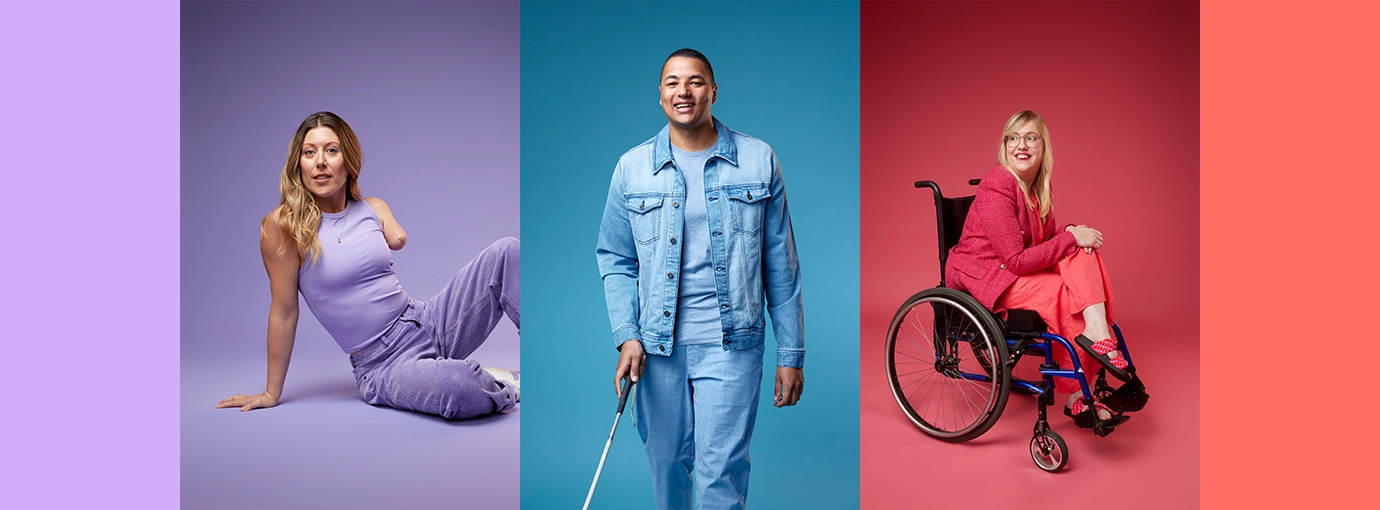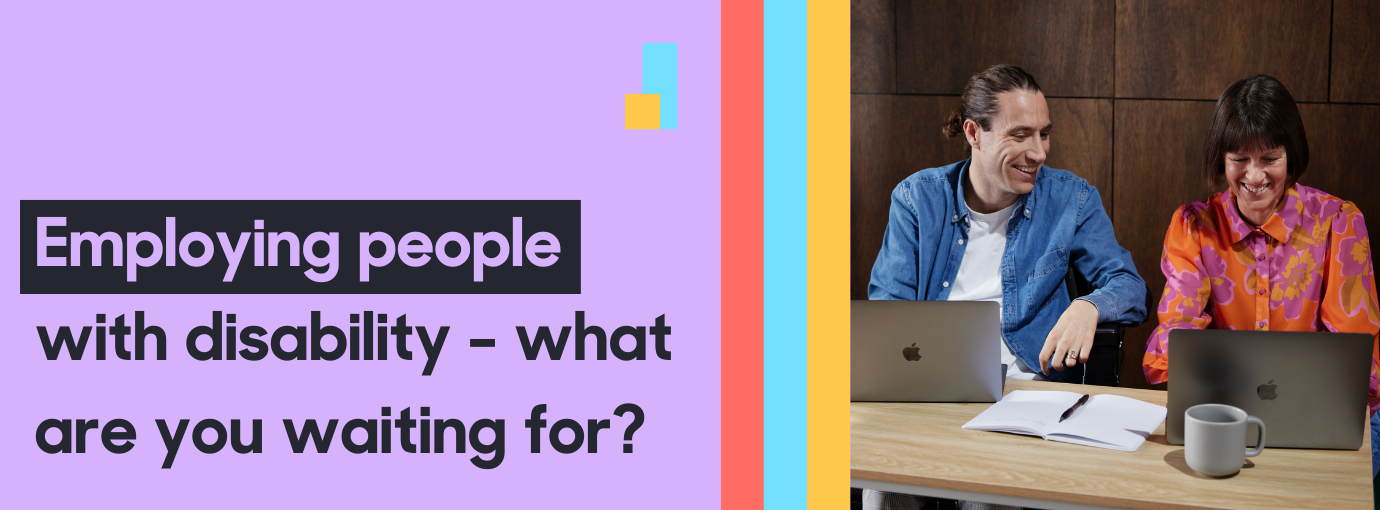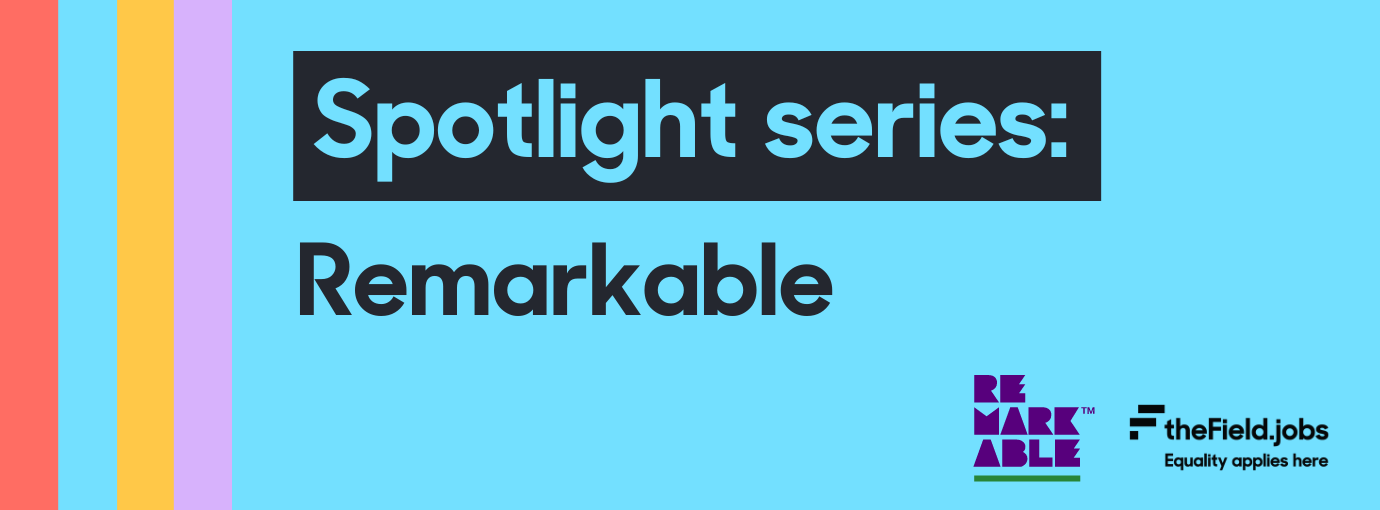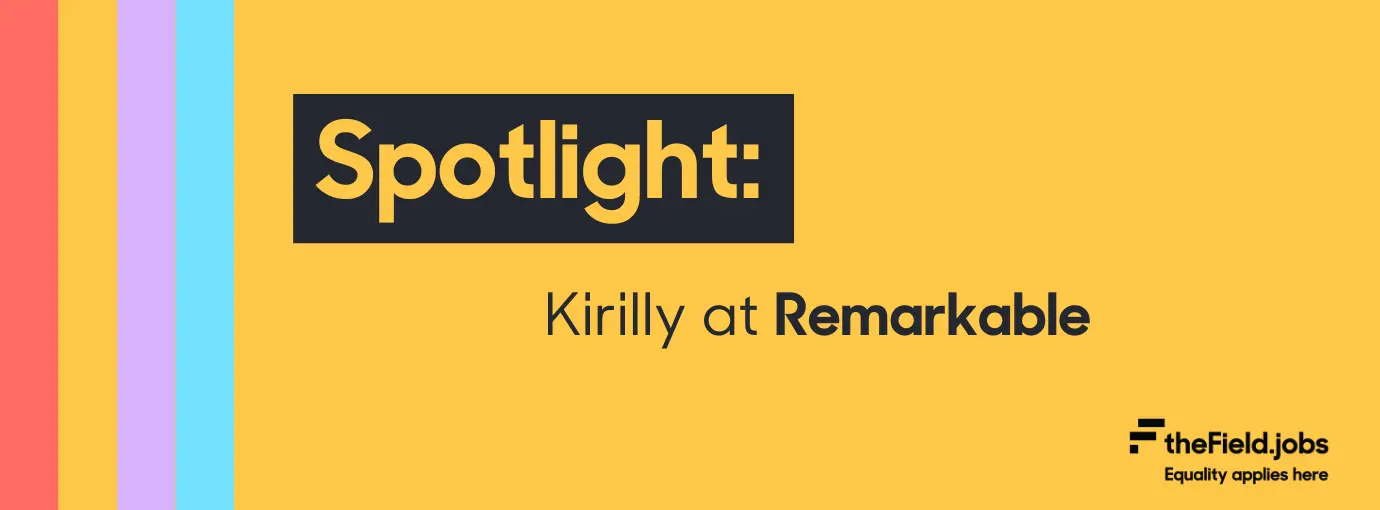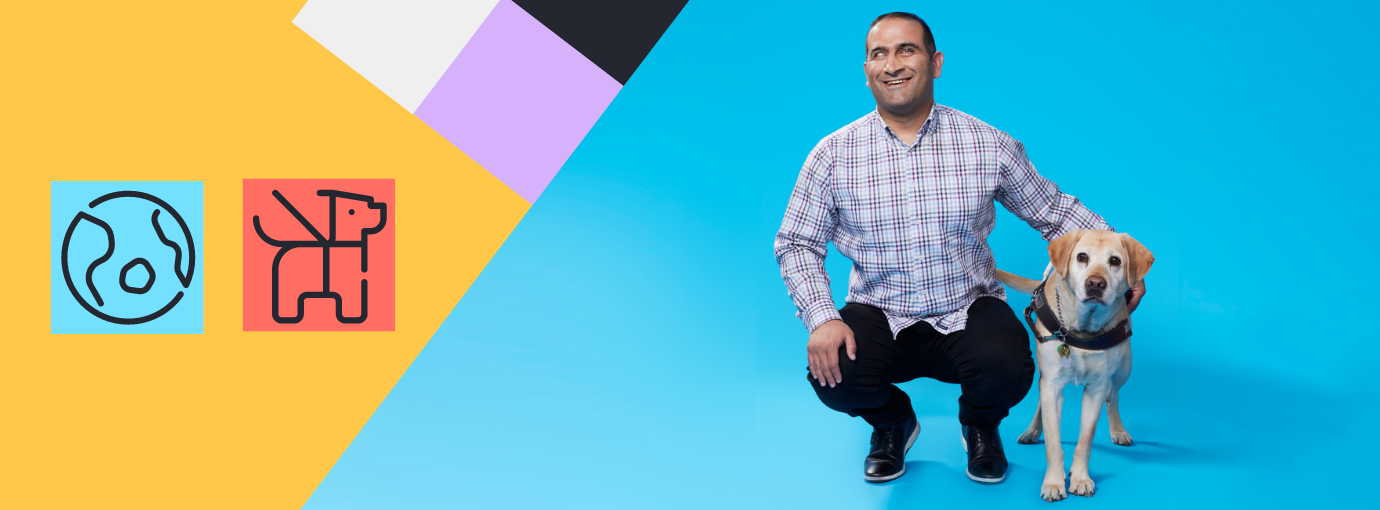Deciding how and where to post new jobs is not always as straightforward as it seems. We know hiring managers are often time poor and manage a number of recruitment processes. We have also had a lot of questions from employers about what types of roles they can and should post on the Field and why.
How do you choose specific roles for candidates on the Field? Well the answer is actually quite simple. All the job roles you’re advertising are suitable for the Field’s job seekers. Just as people without disability have different skills, experiences, personalities and organisational fit, so too do people with disability. There is no one type of role that is suitable for people with disability.
When posting jobs, many well intentioned hiring managers want to choose roles they think are suitable for the Field’s community. We’ve put together some reasons why you don’t need to pick and choose the roles, but instead post all your jobs on the Field.

It’s inclusive
Firstly, it’s inclusive. Posting all your jobs on the Field gives people with disability the same opportunities at your workplace as people without disability.
When hiring on more mainstream platforms, it’s unlikely that you’ll pick and choose which jobs to put on there based on assumptions about what job seekers might apply. It’s much more often a blanket approach understanding you’ll get a variety of candidates, some appropriate and some not. the Field is no different. The most inclusive approach is to post all jobs on the Field, regardless of any assumptions you may or may not have about the applicants you’ll get. You might find someone who surprises you.
There’s no such thing as a “disability job”
People with disability are as varied in their skills and experiences as people without disability. No two people are the same, and some people will be more suited to certain roles than others. By posting all of your jobs, you’re not just being inclusive, but you’re helping to break down the stereotype that only some jobs are suited to people with disability.
With one in six Australians having a disability, you’re opening up your applicant pool to a wide range of candidates you might not otherwise meet.
It removes unconscious bias
No one wants to limit someone else’s opportunities because of their own assumptions. Another benefit of posting all of your jobs on the Field is that you are working towards removing your own unconscious bias and misconceptions. Even when we have good intentions, everyone has experiences and preconceived notions that impact how we approach other people. Posting all your jobs helps combat these assumptions about what someone can or can’t do (conscious or otherwise), and instead gives you the opportunity to hear from different people about how they will meet the role requirements.
“We are nature’s problem-solvers, because we live in a world that was designed without us in mind.”
Being flexible benefits your business
Skill sets for jobs have changed 25% since 2015, and that percentage is expected to double by 2027. Being open to adapting position description requirements for the right candidate broadens the skill sets available to an organisation and expands its future opportunities.
When posting a job, consider whether you can adapt the position description requirements to fit the right candidate. Sometimes known as “job carving”, the idea is to find great candidates for your organisation, and construct the role requirements around their skills and experiences, rather than trying to fit a candidate into the specific requirements of a job. Not only does this benefit candidates who are set up for success, but it can serve to fill skills gaps and contribute toward role flexibility as organisations adapt to shifting demands.

You might find someone who’s a great fit, or you might find someone who will be exactly what you need with the proper guidance and upskilling. After all, 89% of L&D professionals believe that the ever-evolving future of work is better navigated by building employee skills. Ultimately, the most inclusive approach to hiring is opening all roles for people with disability and giving applicants an opportunity to let you know how they would achieve the role requirements.
Ready to post your company’s job on the Field? Then let’s get started.
You can also check out some of our great blogs:
- Person-first and Identity-first language: what’s the difference?
- Flexible work and where its headed
- Inclusive Employer profiles: the why and how
- Learn about disability from people with disability
- 5 tips for a more disability inclusive workplace
- 5 ways to get the accessibility conversation started
- Why inclusive language is important
